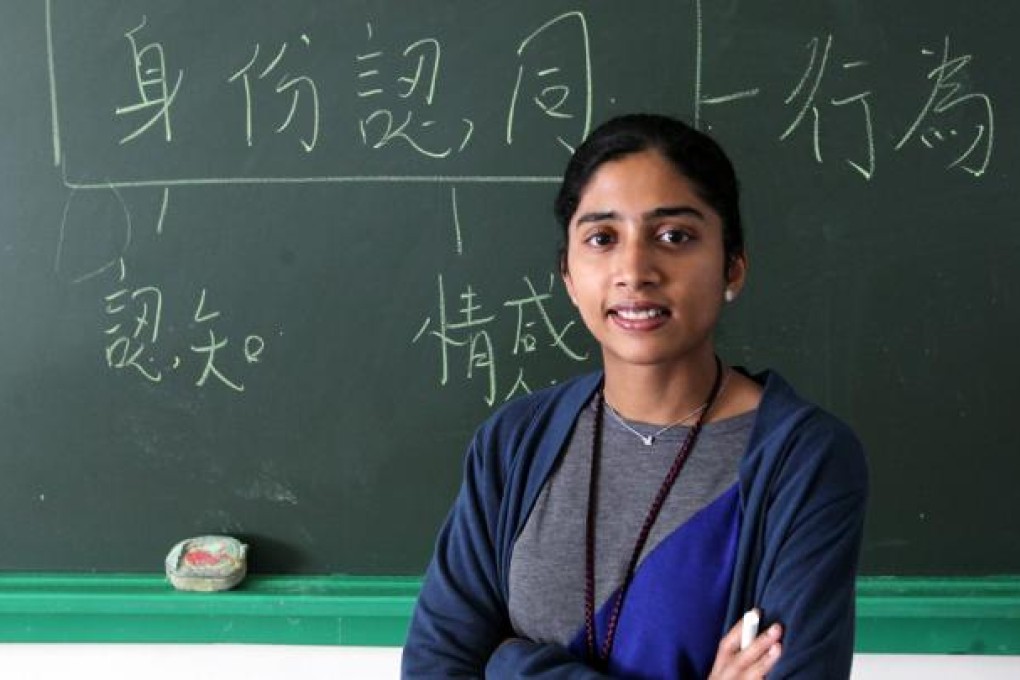
Members of ethnic minorities in Hong Kong have long complained about their problems in applying for Chinese nationality. The story of Maggie Cheung, a Hong Kong-born Pakistani adopted by a Chinese family, is yet another example. After years of struggle, the 24-year-old successfully changed her status from "stateless" to a Chinese national. While it is encouraging to see her case finally approved by the Immigration Department, questions have to be asked as to why their applications continue to make headlines. Since the handover, more than 15,000 people have become Chinese nationals under a naturalisation scheme. If naturalisation policy were clear and consistent, such applications would not make news. But the reality is that decisions remain arbitrary.
Abandoned by her parents after birth, Cheung was adopted by a local Chinese family at the age of three. She speaks fluent Cantonese and long ago obtained a home return permit, which is only issued to Chinese nationals. However, she was only given a document of identity for travelling purposes, in which the nationality section was left blank. Like many non-Chinese, she was said to have been dissuaded by immigration officials initially when she asked about the scheme. Approval only came a year later, and after the media took up her case.
Being abandoned by one's parents is painful enough. Growing up in an adopted family of different race is a greater challenge, one Cheung has overcome. She never doubted her identity as a "naturalised Chinese" until she was given a document which effectively rendered her stateless. It would be absurd if she were to be rejected by her adopted country.
Like Cheung, many members of ethnic minorities have long taken Hong Kong as their only home and do not regard themselves as different from local Chinese. As long as they meet the criteria, there is no reason to turn them away. We trust the government can see the merits of a clear and consistent policy, and need not be told what to do.